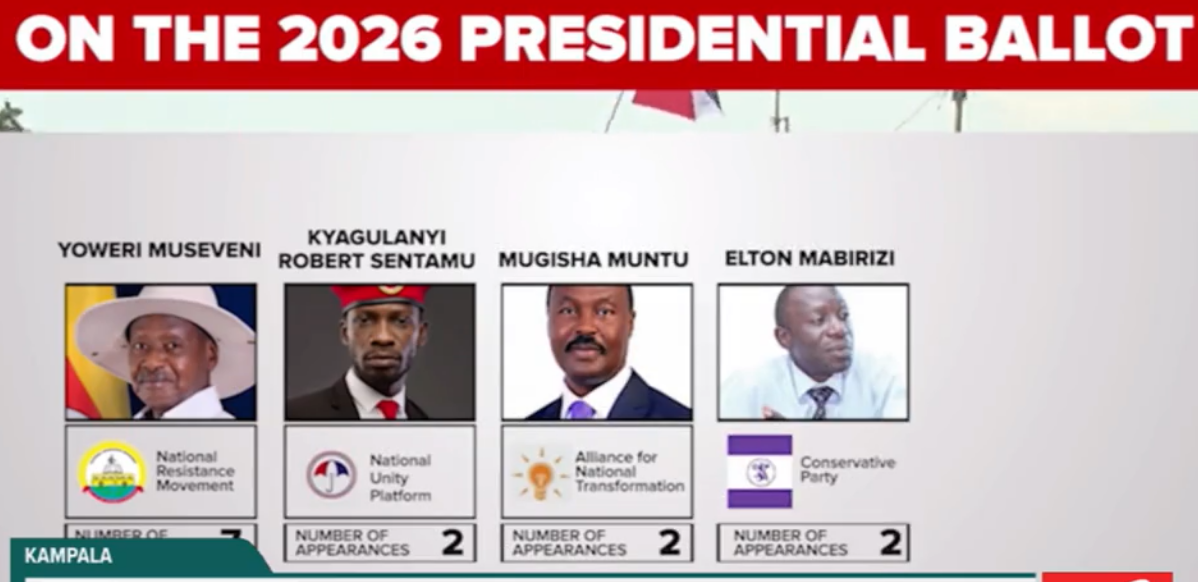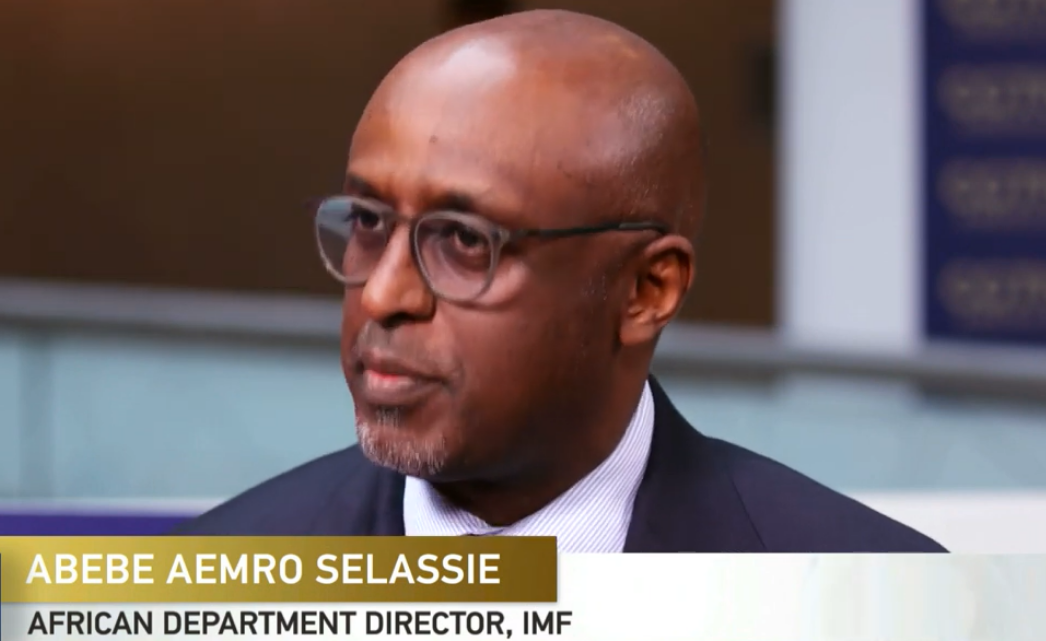Photos: Wikimedia Commons\ YouTube Screenshots
In recent decades, a growing similarity has developed between the Chinese and U.S. economic systems. Despite the Chinese Communist Party’s talk of “socialism,” the rapidly-expanding Chinese economy has become increasingly capitalist, with the private sector accounting for about two-thirds of China’s Gross Domestic Product in 2021.
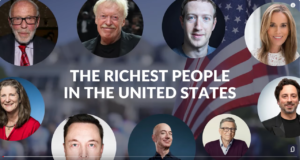
Not surprisingly, then, the two countries currently lead the rest of the world’s nations in their number of billionaires. This March, according to Forbes, the United States had 735 billionaires (worth a collective $4.5 trillion) and China had 562 (worth $2 trillion) out of a global total of 2,640.

The richest U.S. billionaire, as well as the wealthiest man in the world, is Elon Musk, who, as of November 2023, possessed a fortune estimated at $241 billion. Born to a wealthy South African family, Musk cofounded six companies, among them Tesla and SpaceX (whose Starships exploded this April and November), and recently purchased Twitter, turning it into a conduit for hate speech.
Well-known for his arrogant, incendiary, and antisemitic pronouncements, Musk presides over corporations that have faced lawsuits over civil and workers’ rights violations. This September the U.S. Equal Employment Opportunity Commission sued Tesla, charging racial discrimination and harassment of Black workers.
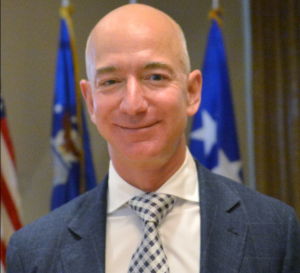
Jeff Bezos, the second richest American, with $168 billion in wealth, founded and long presided over the e-commerce giant Amazon, the second largest corporation in the United States, with $514 billion in revenue during 2022. He also owns the Washington Post and Blue Origin, an aerospace company that produces rockets, one of which he flew into space for a joyride in 2021. Bezos modestly thanked “every Amazon employee” because “you guys paid for this”―a fact surely recognized by Amazon’s delivery drivers, timed so relentlessly on the job that they urinate in bottles while on the road.
Amazon also fought ferociously to block unionization of its employees and, though thousands of workers at Amazon’s massive Staten Island warehouse startled the nation by defiantly voting for a union, the company refused to recognize it. This May, Bezos and his glamorous fiancée set off on his three-masted sailing yacht, the largest in the world, blissfully touring Europe and holding an at-sea engagement party amid movie stars, royalty, and, of course, billionaires.

Larry Ellison, the third richest American, currently possesses $145 billion in wealth, based largely on his holdings in Oracle, a software giant. Dubbed the “nation’s most avid trophy-home buyer” by the Wall Street Journal, Ellison has purchased dozens of very expensive mansions and real estate properties. They include a 23-acre estate, modeled after a 16th-century Japanese imperial palace, that he reportedly spent $200 million to renovate, as well as 98 percent of Lanai, the sixth-largest island in the Hawaiian archipelago, which he purchased for $300 million.
Ellison has owned many exotic cars, the twelfth-largest yacht in the world (built at a cost of $200 million), and several planes, and has had four wives and divorces. He has also sued San Jose, California over the local airport’s rule that prevented him from landing his private jet there in the middle of the night.
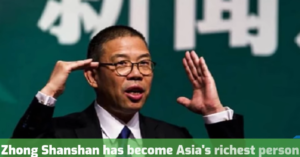


Today’s top three Chinese billionaires are Zhong Shanshan (bottled spring water manufacturer, $64 billion), Zhang Yiming (founder of tech giant ByteDance, $43 billion), and Colin Huang (e-commerce leader, $41 billion). Given China’s government-controlled communications media and sensitivity about the existence of fabulous wealth and extravagant lifestyles in this ostensibly socialist nation, public information about these and most other wealthy Chinese is far less available than for their U.S. counterparts. Even so, the lives of China’s billionaires have been revealed again and again to include luxurious mansions, private jets, collections of the world’s most expensive cars, jewelry, and art, and other glittering accoutrements of private privilege.
It’s certainly a different way of life from that of the people who produce their wealth. Although there has been substantial economic growth in China, the country is characterized by a high level of economic inequality. Chinese workers in manufacturing average only about $6 an hour, and life for many of them is precarious. Companies employ hundreds of millions of rural migrants, often on temporary contracts or hired informally, and this leaves them vulnerable to unpaid overtime work, sudden pay cuts, or layoffs.
Increasingly, factories have resorted to not paying workers, paying them late, or letting them go. Barred from forming independent unions, workers have nonetheless conducted a surge of strikes. Furthermore, the country’s safety net is minimal and, in rural regions, social security benefits are only about $27 a month. In 2020, China’s premier reported that 600 million Chinese had a monthly income of less than $150.
Much the same pattern exists in the United States. For decades, despite a rising GNP, income and wealth have grown more unequal and, as of 2018, the three wealthiest U.S. billionaires had combined fortunes exceeding the total wealth of half the American population. Today, real wages in the United States stand at roughly the same level as 40 years ago, with the federal minimum wage stuck at $7.25 per hour.
Almost 18 million Americans exist in what has been called “deep poverty”―defined as living on less than $6,380 a year for an individual or living on less than $13,100 a year for a family of four. Amid heightening inequality and declining membership, American unions are waging a fierce struggle for economic justice.
This prevalence of economic inequality reflects not only corporate priorities, but the enormous political influence billionaires exercise in both nations, either through their vast wealth or through direct personal control of government. Billionaire politicians like Donald Trump make appeals to the working class, but deliver tax breaks for the rich, just as billionaire rulers like Xi Jinping talk of “common prosperity,” but simultaneously promote China as “open for business.”
In the world they desired and did much to create, the billionaires of both countries have a lot more in common with each other than with their fellow citizens.

Dr. Lawrence Wittner, syndicated by PeaceVoice, is Professor of History emeritus at SUNY/Albany and the author of Confronting the Bomb (Stanford University Press).



